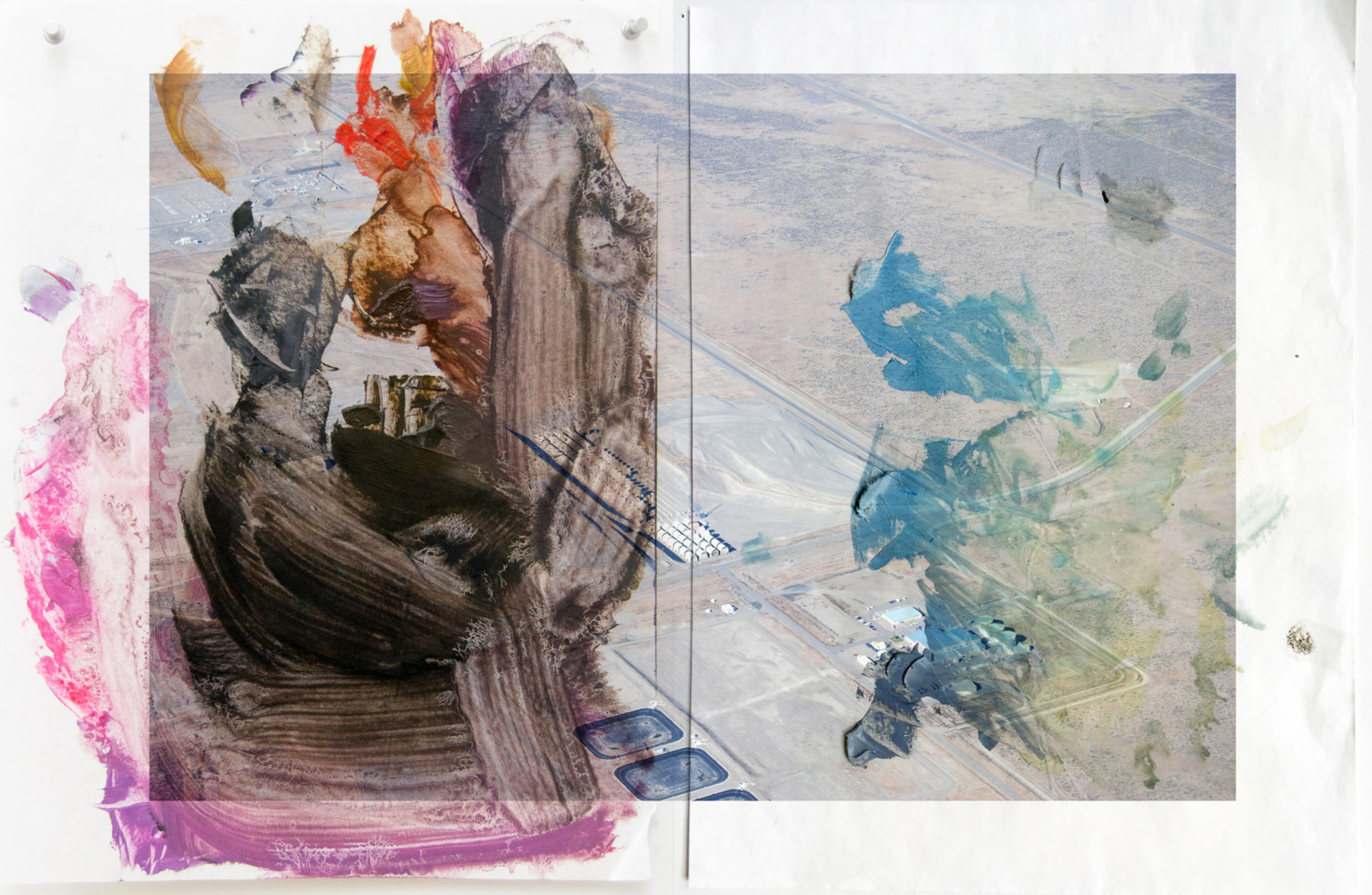Octavian Paler (1926-2007)
translation by Carla Baricz
I
This love—
this merciless light,
that wills me to recall
everything,
and this sky, as I
know it, shimmering after
the rain, the sky like the cheek of a child.
But who will listen to such consolations?
Perhaps we were naïve
when we boarded the ships, we believed
everything we were told, like our blood
the sea boiled, and when the waves grew
silent, only our presumptuous speech
could be heard, so convinced were we
that wisdom’s words are hollow.
Later, our ship wandered through nights
in which the light was
a strange sort of memory,
between the white birds that flew
between us and our mistakes,
and only death divided us from the gods.
Why must I have been guilty,
when all I wanted was to keep faith?
Sometimes the wind makes me
believe that everything lasted only a moment,
when we both felt abashed
and did not know what to say.
But who will listen to such consolations?
And the white birds that flew
over the sea, between
our shadows and the gods, remind me
that I am myself and no other,
that we are ourselves and not
others, we who were
together
and alone at Troy.
II
We left behind so many seas and mistakes
that I must ask myself, why
was this all necessary?
Why did we need regrets to learn
to love? Why did we need
all this, why?
Yes, it was necessary.
It was necessary, perhaps.
It was necessary perhaps first
to be guilty so as to learn to love.
It was necessary to mistake
so as to know the end
of mistaking, and, perhaps, only
those who were at Troy have the right
to say that they know all about love and the shore.
No one will ever know better than we what
love means, for no one
lost it and dreamed of it as we, because
no one needed to be more painfully silent,
hoping that one day we would shout: Behold
the shore! Because no one
saw as we did the dusty star of loneliness
alight in our hands,
while we covered our eyes to better remember.
And again the sky as I know it, shimmering after
the rain and I ask myself, perhaps for the last time:
Why was this all
necessary, these things
I can no longer redeem but by loving
harder the shore on which I stand and dream
of one day finding it?
And, above all, why are we
guilty that all this took place,
when all I wanted was to keep faith,
when all we wanted was to be like the birds,
who care neither for gods nor time.
III
But now I know death exists
and the shore, too,
the empty beach at dawn,
and the remains that accuse us,
the ships that took us to Troy,
and the loves for which we had not
enough time, the memories,
and the cawing of seagulls,
the sand to which I clung naked at noon,
and the empty place beside me,
all exist, only youth
has passed us by
in this too long besieging of Troy,
in this error towards which we casually wandered.
Oh, murderous taste of departure!
IV
For years we wandered the seas,
and when we returned we understood
how little we had strayed from the shore.
In fact, we had not strayed at all. We were still
there and we loved the same things,
only we we older, and we
found it difficult to smile. We lost
at Troy the habit of an easy smile.
And we love
differently now, more sadly.
Otherwise, we are
the same, and we love the same things,
we love…
V
We are tired,
and only death now divides us from the gods.
We have seen the hourglass sift its sand,
and one of us used to say that
even graves grieve, not only those who’ve descended
to fill them, and, perhaps, it is fitting,
otherwise graves would conquer the world.
We are tired, but we,
too, know now what the gods know.
Perhaps more. We have discovered in ourselves
the most important thing
a man must know: This love,
this light and the merciless wind
that wills us
to recall everything…
Carla Baricz’s essays, reviews, and translations have appeared in the Los Angeles Review of Books, Ploughshares Online, The Marginalia Review of Books, World Literature Today, Words Without Borders, as well as in foreign language publications and academic journals. Born in Romania, she earned her Ph.D. in English Literature from Yale University and currently lives in Jerusalem, where she is a lecturer in the English Department at Hebrew University.
